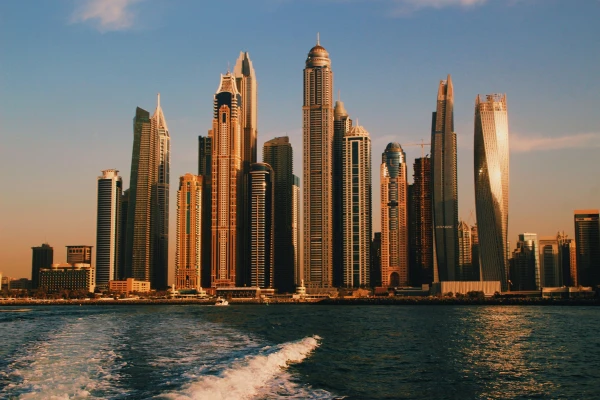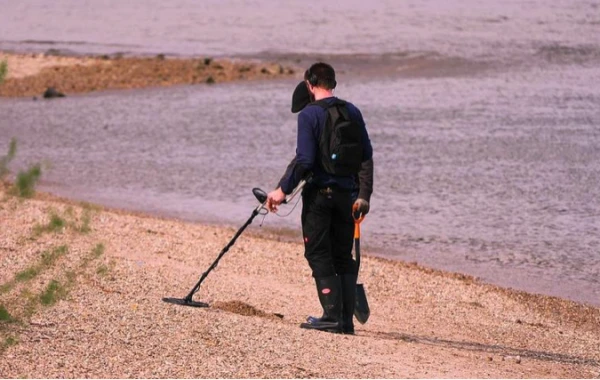
In a new study, researchers assessed the risks from rising sea levels already in this century. The results indicate that a large part of the housing stock may be destroyed in some countries, writes Focus.
For years, scientists have warned about the impending consequences of the climate crisis looming over the planet. Climate change and rising sea levels are expected to affect each of us, regardless of whether we live in coastal areas, writes Science Alert.
In a new study, researchers have clarified for the first time the overall danger that rising sea levels pose to the built environment. The results indicate that sea level rise threatens millions of lives and livelihoods in coastal areas, as well as countless vital infrastructure assets.
According to co-author of the study, geologist Eric Galbraith from McGill University in Canada, climate change and rising sea levels will affect everyone, regardless of their region of residence. The fact is that we all depend on goods, food, and fuel that pass through ports and coastal infrastructure vulnerable to rising sea levels. The destruction of this critical infrastructure could harm our globally interconnected economy and food system.
Today, the Earth's atmosphere contains more carbon dioxide than it has in at least 4 million years, long before the appearance of modern humans. As a result, life on the planet is facing unprecedented challenges: from catastrophic weather events to the insidious encroachment of seawater into civilization.
It is worth noting that sea levels have risen before in human history – the last sharp rise was recorded 10,000 years ago, at the end of the last ice age. However, at that time, coastal settlements were significantly smaller, simpler, and more dispersed than they are today.
According to the authors of the study, their new work is the first large-scale assessment mapping individual buildings and their vulnerability to rising sea levels. The analysis also covers the coastlines of Africa, Southeast Asia, Central and South America and utilizes the latest innovations in remote sensing and machine learning, as well as new high-resolution topographic data and building outlines.
Statistics show that approximately one-tenth of the world's population, about 750 million people, lives within 5 kilometers of the coastline. In simple terms, even a small rise in sea levels can lead to serious problems for many people.
According to another author of the study, geophysicist Natalia Gomez from McGill University, sea level rise is a slow but irreversible consequence of warming that is already impacting coastal populations, and it will continue for centuries.
As a rule, scientists warn that sea levels could rise by tens of centimeters or a meter in the near future, but in reality, they could continue to rise by many meters if humanity does not stop burning fossil fuels.
In the new study, researchers analyzed 840 million buildings across the Global South, using satellite data and detailed elevation maps. The team considered three scenarios of local sea level rise:
- by 0.5 meters;
- by 5 meters;
- by 20 meters.
The results indicate that even with ambitious emission reductions, sea levels will rise by at least half a meter by 2100; in a more optimistic scenario, by 0.5 meters. With a sea level rise of 0.5 meters, about 3 million buildings will be flooded by coastal flooding; with a rise of 5 meters, the number of buildings will increase to 45 million, leading to the destruction of over 80% of the housing stock in some countries. More than 130 million buildings are likely to be flooded in a more dire scenario of a 20-meter rise in sea levels.
It should be noted that the study did not take into account factors such as erosion, storm surges, and tidal amplification. In simple terms, the results are actually just minimal, and the consequences could be more dire.














Leave a comment